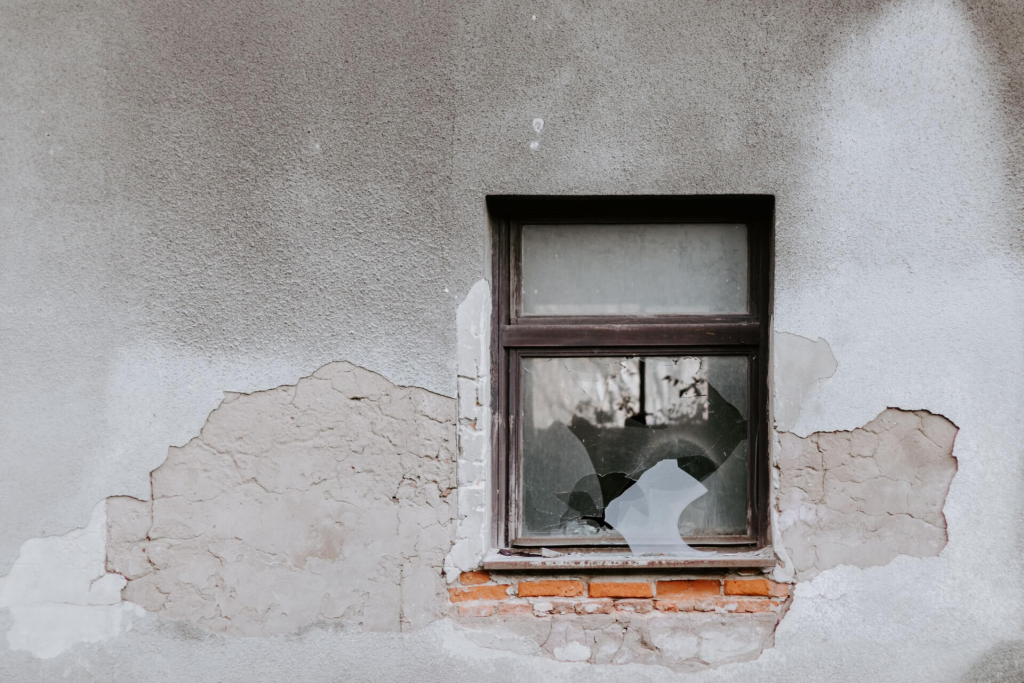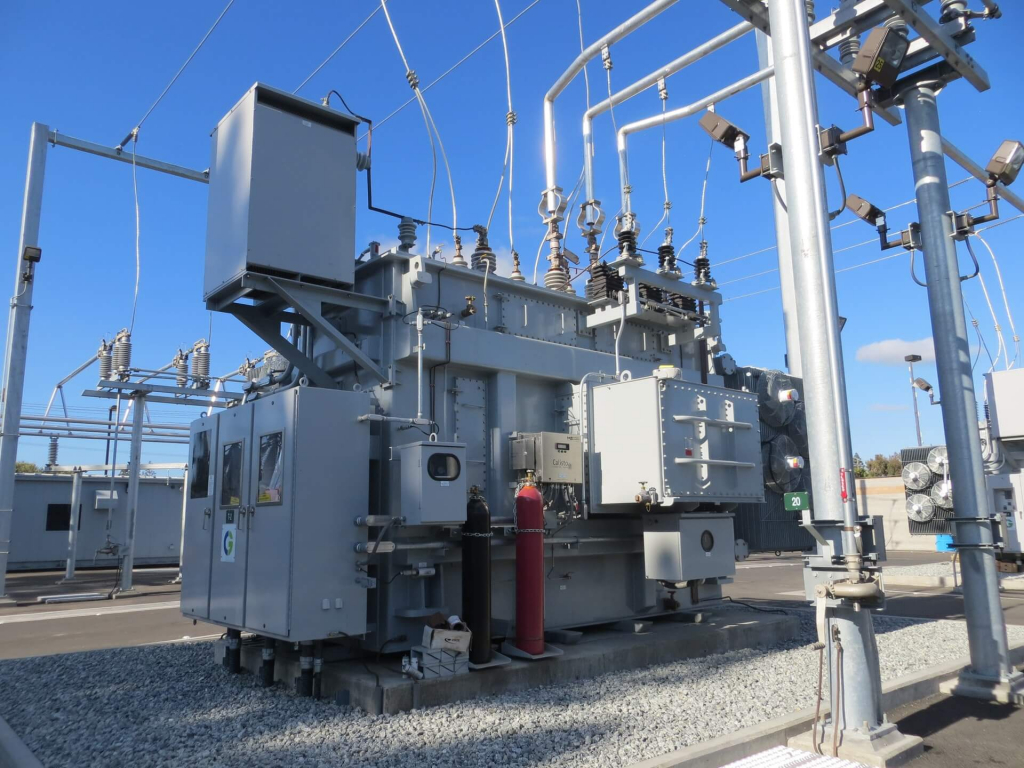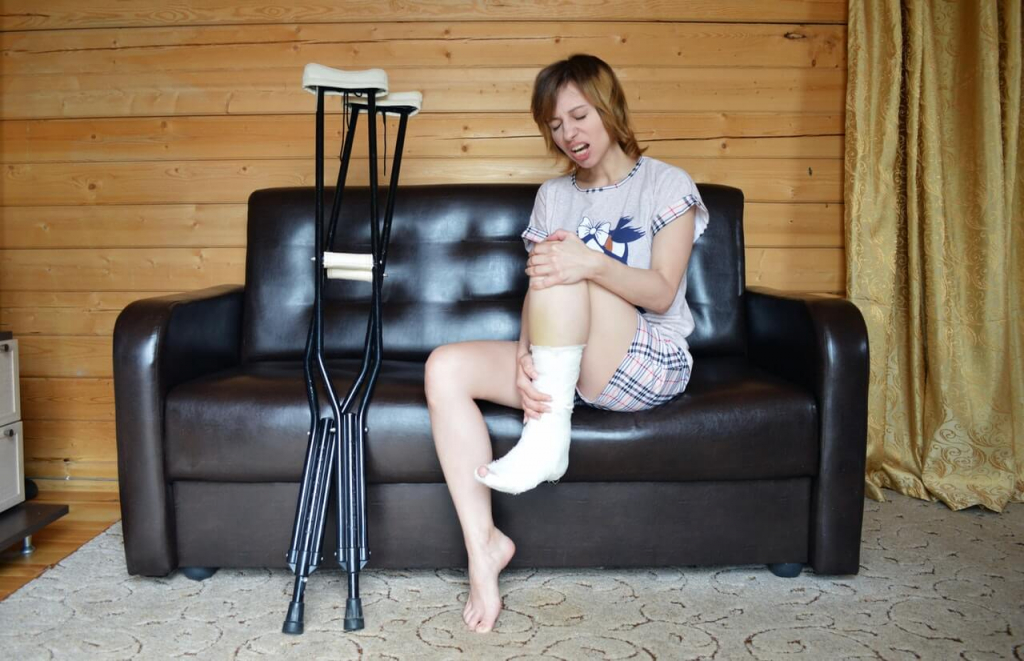A landlord’s job can entail a lot of different roles and duties. It includes advertising, tenant screening, inspections, and maintenance. That’s not all. There are a lot more other responsibilities that come with being a landlord. Simply put, he manages the whole property and everything in it. A property manager can also assume such responsibilities if the landlord decides to hire one.
Managing a property does not stop after filling a vacancy. The workload even increases once there are tenants. After new tenants move in, the main duty of a landlord is to maintain a property based on what the law refers to as the warranty of habitability, which is the housing standard that a rental property should meet so that it will be considered habitable.

To keep a property habitable, the landlord must perform scheduled inspections and should address any concerns the tenants may have regarding the safety, security, and overall living conditions of their homes.
The landlord must also perform repairs when necessary. However, there are instances when the property’s habitability would get affected by repairs. It varies from state to state, but here are some repairs that can have an impact on habitability:
It varies from state to state, but here are some repairs that can have an impact on habitability:
If there are ongoing repairs of severe damages on floors, walls, and other major parts of the building.
These are damages that could render the tenant with unfavorable housing conditions. They might not be able to stay in the property because it is not safe. The landlord will have to fix the problem immediately, or else the tenant can withhold their rental payment until the work is done.
Exterminators were called to take care of pest problems.
Pest infestations are often caused by having an unclean area. The landlord should always maintain a clean and garbage-free environment for his tenants. No one will want to live in a place with pests everywhere. It may take a while to make sure that all of them are gone.
If there are ongoing repairs for electricity and plumbing.
Part of the basic needs of the tenants is electricity and water supply. The tenant will not be able to stay in the unit and carry on with their everyday tasks without water and electricity.
Major issues should be a top priority for landlords. They should be able to provide the tenants with a house that is worth what they are paying for.

But what about the minor issues and damages? Will it be alright to delay repairs? The answer is no. There can be consequences for delaying a repair and they should not be taken for granted.
For example, a tenant has been trying to make the landlord do something about the leaking faucet in her kitchen. Despite the several notices given by the tenant, he is still unable to check the problem and fix it. This will cause conflict between tenant and landlord. This will harbor distrust on the tenant’s part.
The landlord should also not ignore little damages. A tenant can still live in a building with a broken step but it can become the cause of an injury. If this happens, the accident will be the landlord’s liability. The injured tenant can file a lawsuit against him and can make him pay for the hospital expenses.

A client’s feedback is important because it will reflect the kind of landlord a person is. No landlord wants to earn a reputation of being incompetent and irresponsible. But if a landlord fails to cater to his tenants, he just might be labeled as such.
Whether you’re a landlord or property manager, make sure you can address tenant concerns promptly. Even if you create attractive property listings using Padleads and find a lot of tenants, they might not stay long if you don’t provide them what they paid for.